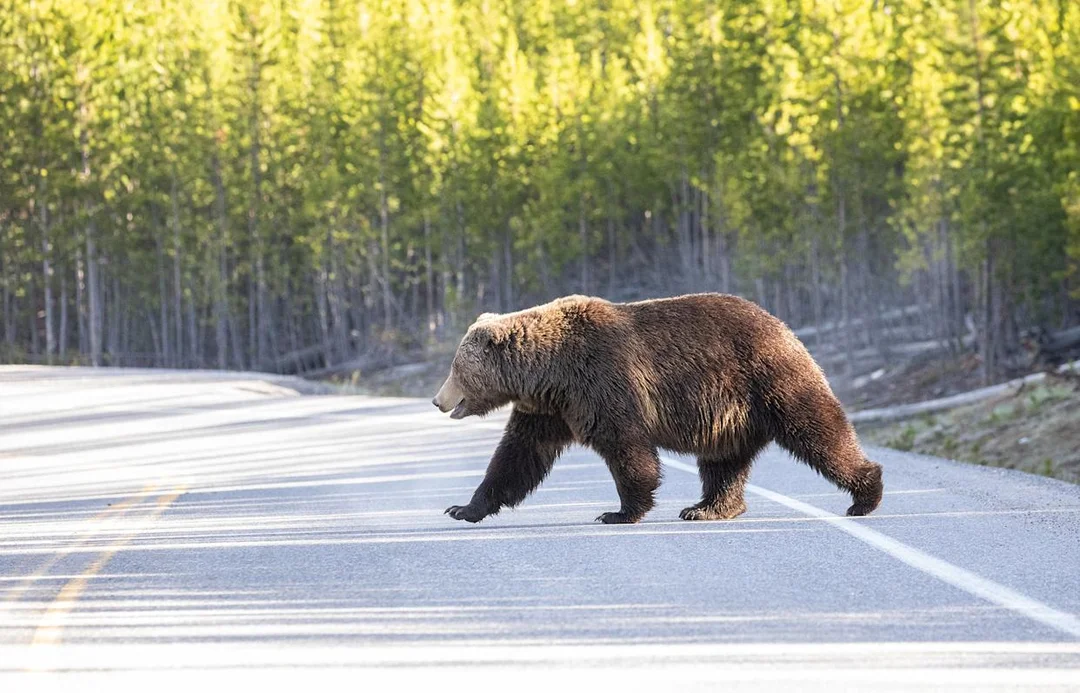
Western Lawmakers Demand Grizzly Bear Delisting Amid Controversy
In a significant move that echoes the ongoing debate over wildlife management, nearly a dozen lawmakers from Western states have urged the U.S. Fish and Wildlife Service (USFWS) to reverse its recent decision to keep grizzly bears listed as endangered. This contentious proposal, which would unify the management of all grizzly populations across several states into one single recovery zone, is seen as a threat to the successful restoration of grizzlies, which have made a remarkable recovery in recent decades.
Led by Senator Steve Daines of Montana, the bipartisan group sent a scathing letter to the USFWS’s acting director, Paul Souza, highlighting their frustration over what they perceive as political maneuvering undermining scientific data. "We should be celebrating the recovery grizzly bears have made through the dedication and sacrifice of the people who must live with these bears in their backyards,” they stated. According to the lawmakers, this recent decision changes the recovery goalposts and could derail future efforts to manage bear populations effectively.

The lawmakers argue that grizzly populations in Montana, Wyoming, and Idaho have rebounded dramatically, with estimates exceeding 2,000 bears, a stark contrast to the mere 150 bears when the species was federally protected in 1975. Citing the Greater Yellowstone Ecosystem, which now boasts over 1,000 bears—double the federal recovery goal of 500—the letter emphasizes the success of collaborative efforts among state wildlife agencies.
Critics of the USFWS's decision, including Daines and several colleagues, contend that the logic behind creating a single management zone does not reflect the current ecological reality. They argue, “For FWS to take this remarkable recovery data and say that recovery is too effective to warrant delisting is ludicrous.” This viewpoint reflects a growing sentiment that local states should have more control over wildlife management, especially given the pressures of human development fragmenting natural habitats.
As the public comment period regarding the proposed rule remains open until May 16, the stakes are high for both the bears and the states advocating for their management. The discourse surrounding grizzly bear recovery not only highlights ecological successes but also unveils the complex interplay between politics and wildlife conservation strategies in America.
As we witness this ongoing battle for control of grizzly bear management, one must wonder: Can we truly reconcile successful wildlife recovery with human interests? Your thoughts on this matter are invaluable. Please leave a comment below to share your perspective!